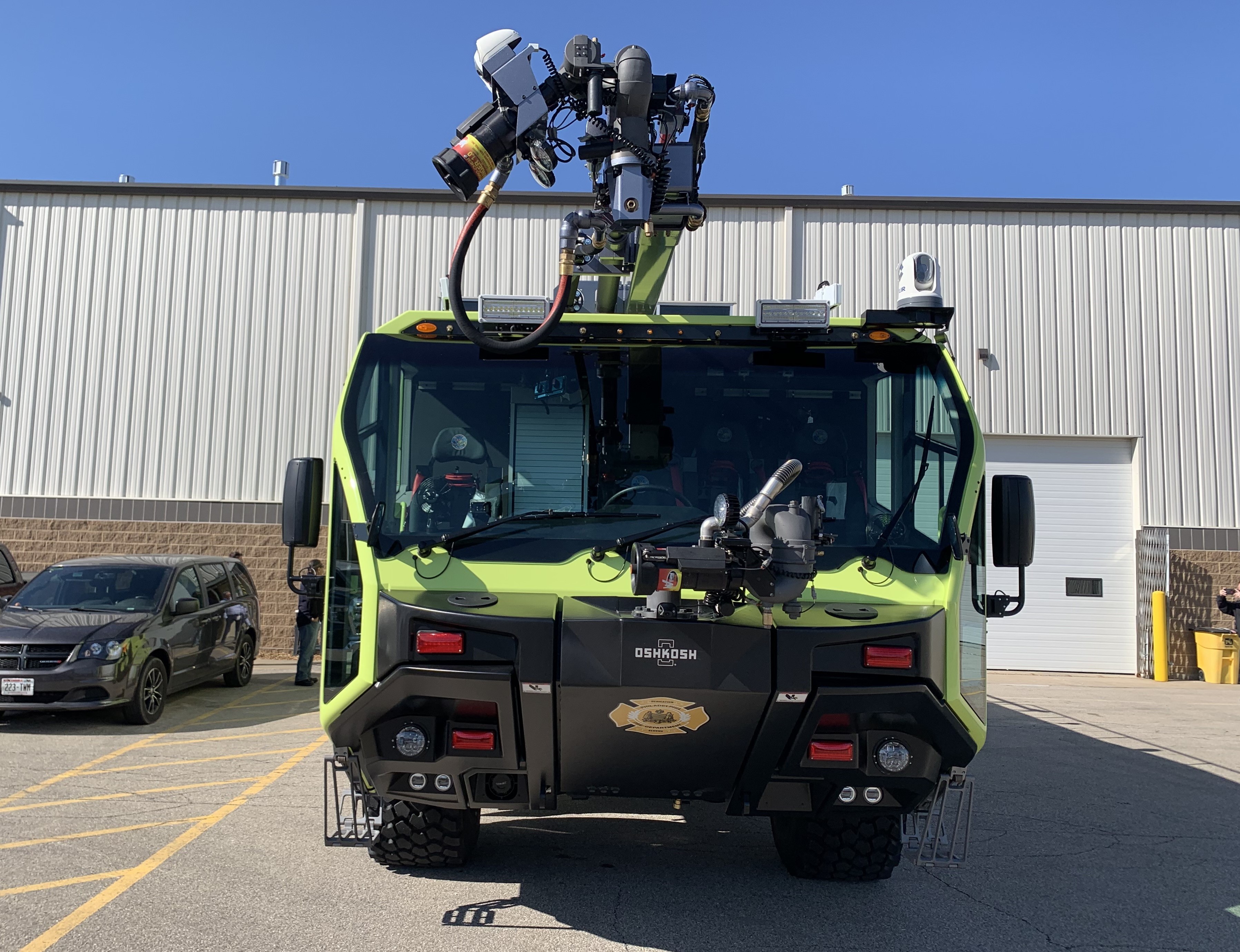In firefighting, staying up to date with the latest equipment is essential for ensuring safety and efficiency during operations. At Fire Station Engine 78, located at Philadelphia International Airport, staff undergo a thorough training process whenever new equipment is introduced. This was the case with the recent acquisition of advanced fire trucks Foxtrot 7 and Foxtrot 10. Foxtrot 10, a structure truck, was put into service in September and Foxtrot 7, a major crash vehicle, joins the team this month. Before the new equipment was acquired, the Fire Department collaborated with the manufacturer to customize the trucks for the station’s specific requirements to serve the airport’s needs. Training was integrated into the acquisition process, including sessions with the manufacturer.
"By integrating manufacturer training and ongoing practice sessions into our routine, we enhance our firefighters' skills and ensure the safety of the airport," said Engine 78 Chief Kamau Bright. "With the recent acquisition of new trucks, our dedicated team is ready to tackle upcoming challenges, equipped with the knowledge and experience needed for effective emergency response." 
When the new trucks arrived, training sessions included classroom instruction and hands-on operation followed with ongoing daily and weekly drills focusing on various aspects of truck operation and maintenance.
All members of Engine 78 are required to participate in the training drills. Each day, the team starts the trucks, operates the pumps, and sprays water to verify that everything is functioning correctly. Each vehicle is checked and tested at least once daily—sometimes twice, depending on shift changes—to confirm that all systems are working properly. This ongoing training helps maintain readiness and prepares the team for any situation that may arise.
In addition to internal training protocols, Engine 78 also adheres to Federal Aviation Administration (FAA) regulations, which require a certain number of training hours each year for operating specific vehicles, especially those with high-reach capabilities. “We stick to safety standards and continually improve our skills,” said Bright. “Regular training sessions for specialized equipment, such as major crash vehicles with high-reach turrets, include both classroom learning and live-fire exercises to ensure the team is fully prepared.”
It takes about a month from the time a new truck is delivered before it is fully operational and in service. During this time, all required manufacturer training is conducted, the vehicle is registered, and all systems are checked to ensure they are installed and functioning correctly. This thorough process underscores the commitment to safety and operational excellence at Fire Station Engine 78.



